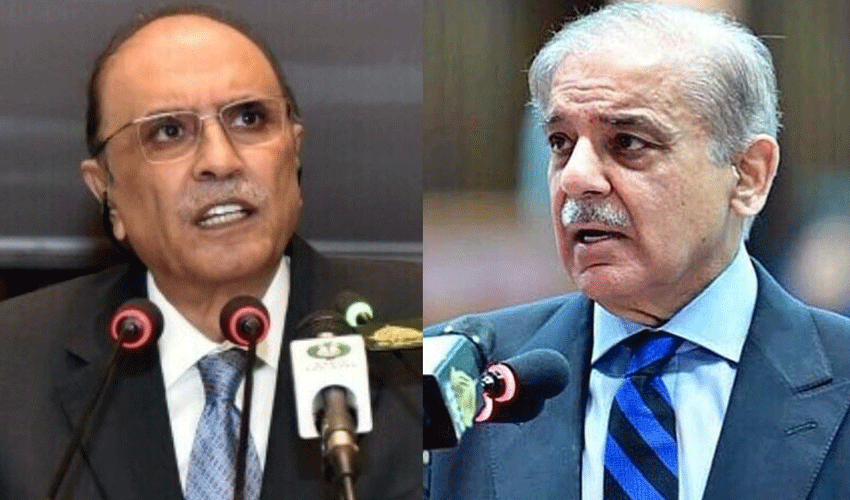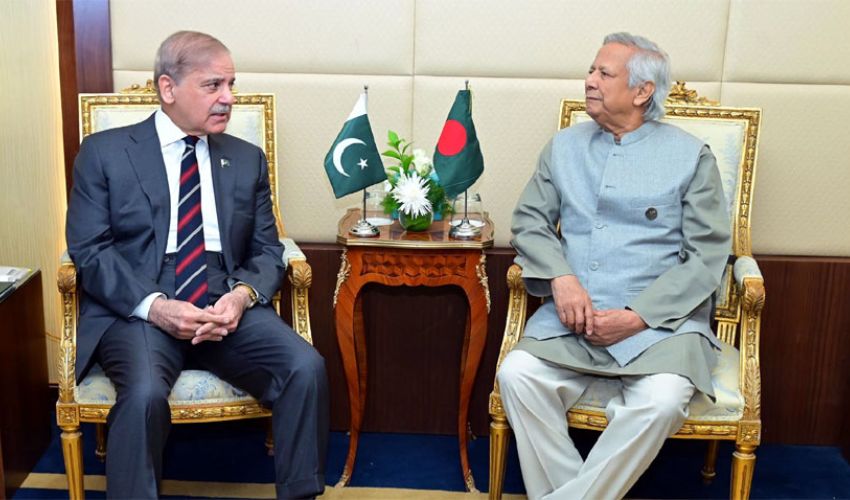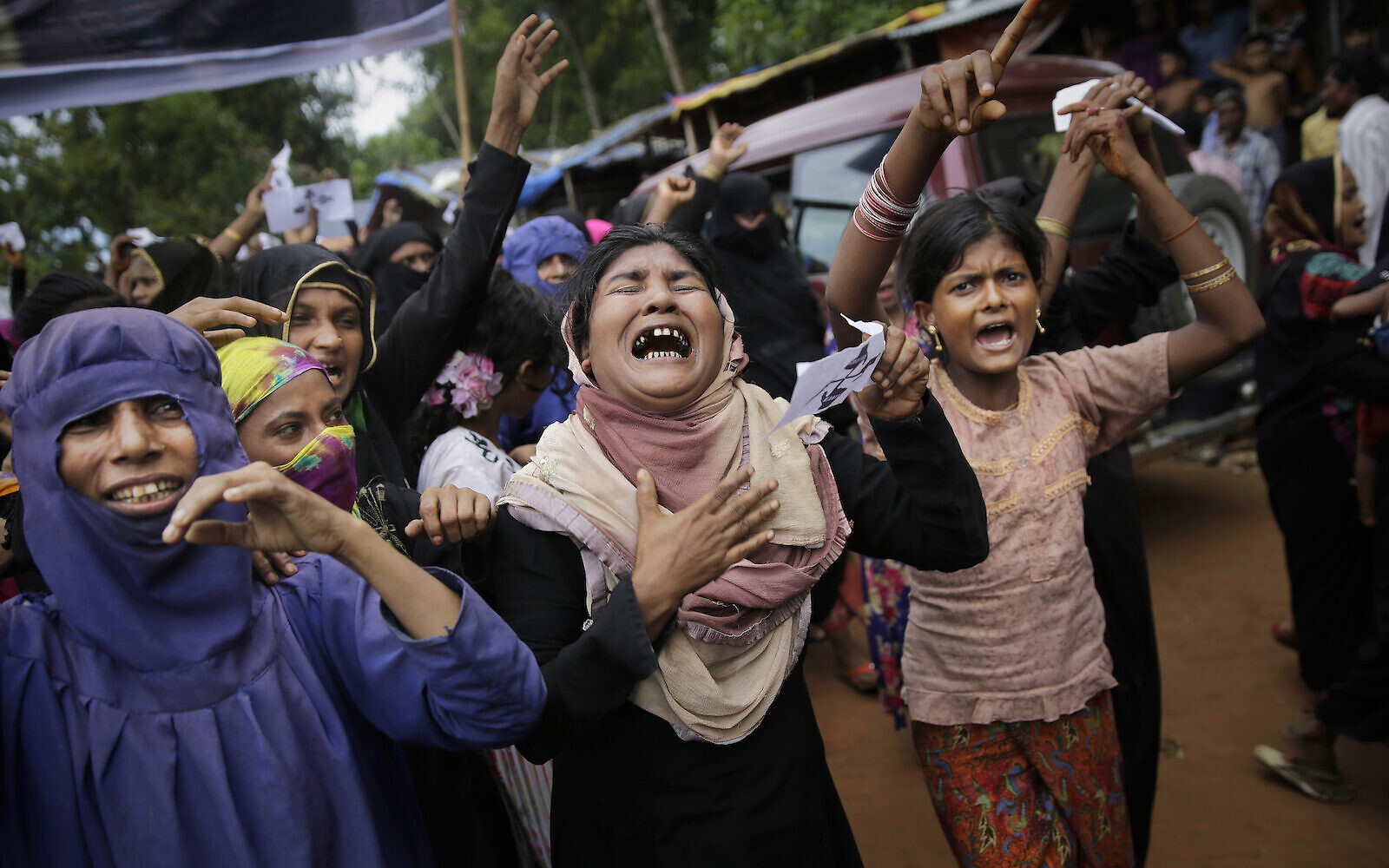Caretaker Prime Minister Anwaarul Haq Kakar-led government on Wednesday completed its preparations to implement a substantial increase in gas tariffs.
The proposed tariff hike, as revealed by official sources, is set to be one of the most significant in recent years, with a 129% increase for domestic consumers.
The Ministry of Energy has drafted a comprehensive working paper outlining the planned tariff revisions, with the following key highlights:
- A staggering 136% increase for commercial customers
- A 71% hike for the export industry
- A substantial 117% increase for industrial users
- A whopping 144% surge in the Compressed Natural Gas (CNG) tariff
- A 25% increase for bulk consumers
- An astonishing 193% increase for the cement industry
These tariff changes will not be implemented without official approval, and the Economic Coordination Committee (ECC) and the federal cabinet are expected to review and authorize the new rates. The implementation date has been set for October 1, with a nationwide rollout.
The proposed changes aim to protect certain segments of the population. It has been recommended that the tariff for protected domestic consumers and Roti Tandoor operations remain unchanged, providing some respite for the most vulnerable households.
Additionally, the government is contemplating raising fixed monthly charges for domestic users from a mere 10 rupees to a more substantial 400 rupees.
Further details on the proposed tariff changes reveal that monthly charges for different gas consumption categories will also see significant adjustments:
- Monthly one cubic meter gas tariff will increase from Rs 340 to Rs 760 per MMBTU
- Monthly 1.5-hectare tariff will increase from Rs 467 to Rs 1067 per MMBTU
- The monthly 2 AGM3 gas tariff will be increased from Rs 650 to Rs 1300 per MMBTU
- Monthly 3 AGM 3 tariff will be increased from Rs 900 to Rs 2067 per MMBTU
- Monthly 4 AGM 3 tariff will be increased from 1,325 rupees to 3,125 rupees per MMBTU
- The tariff for consumers using more than 4 AGMs per month will rise from Rs 2,220 to Rs 4,000 per MMBTU
The proposed changes are likely to put a significant financial burden on vulnerable domestic consumers, as a 129% increase in their tariff is recommended. Nevertheless, there is some relief for Roti Tandoor operations, as their tariff is proposed to remain at 697 MMBTU.
Bulk consumers are expected to see their tariff increase from Rs 1,600 to Rs 2,000 per MMBTU, while commercial consumers will face a substantial hike from Rs 1,650 to Rs 3,900 per MMBTU.
In the industrial sector, fertilizer factories will be charged Rs 580 as feed tariff and Rs 1,580 as fuel tariff per MMBTU. Export industries will also experience a considerable increase from Rs 1,100 to Rs 2,050 per MMBTU. Captive power plants, general industry captoca, and industrial plants will witness their tariffs surge from Rs 1,100 to Rs 2,050 per MMBTU.



























